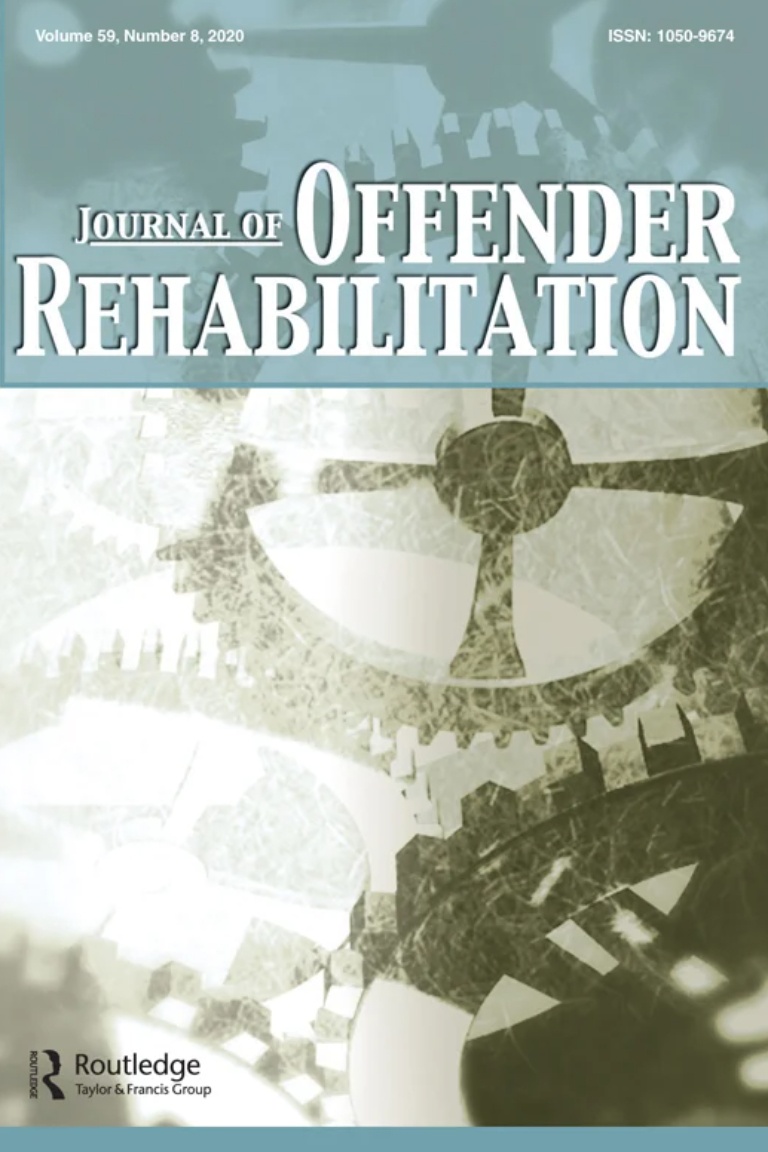Abundant research examines the effectiveness of reentry programs designed to promote successful reintegration of formerly incarcerated individuals. However, most research focuses on the quantitative outcomes of a program, while ignoring the experiences of clients who participate in the programs. This study investigates how participation in a community-based job training program personally affected the participants and how the inclusion of formerly incarcerated staff impacted the graduates’ experiences. Based on data from participant observations, interviews and focus groups, we found that peer mentorship, structure and self-empowerment were the most effective aspects of the program. We discuss the implications of these findings and suggest how reentry organizations might incorporate these components.

 The College of Arts
The College of Arts